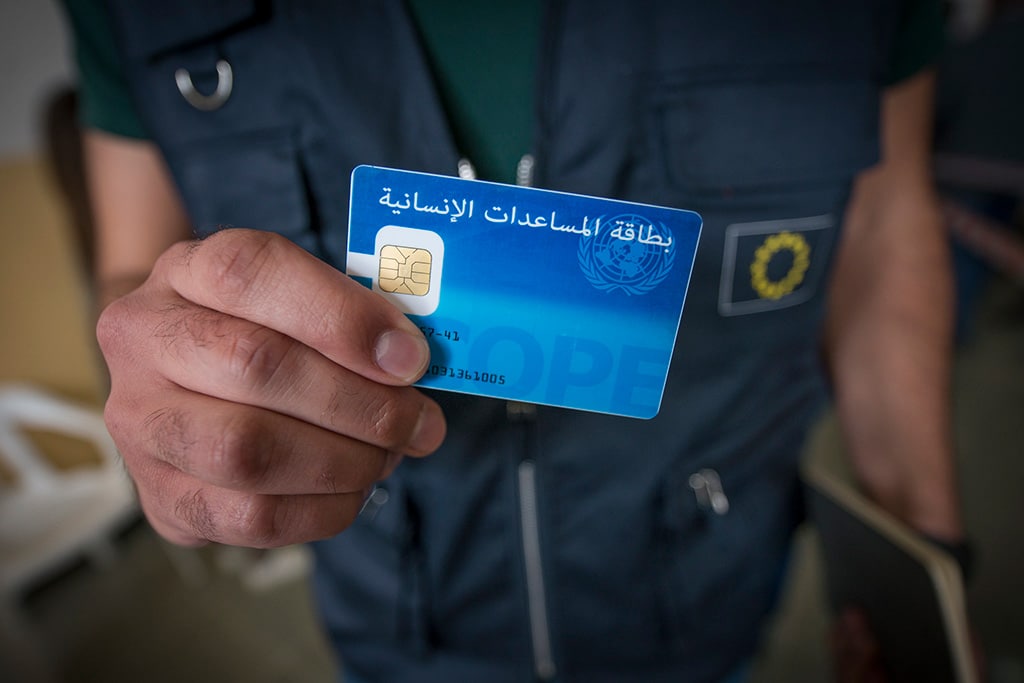
Developed countries are responding to the crisis brought by the COVID-19 with fiscal packages that, according to Bruegel, range from 6% to 49% of GDP. On top of fiscal imbalances resulting from the ongoing economic crisis, these packages stimulate the economy with new public expenditure, deferrals of certain payments (including taxes and social security contributions), and liquidity provisions, such as guarantees covering credit lines for the private sector through national development banks
The African Ministers of Finance who gathered at the UN Economic Commission for Africa at the outbreak of the pandemic announced stimulus packages of only 0.8% of GDP on average. Their economies were facing similar or greater liquidity challenges, but their policy space was obviously not the same. Fortunately, the International Monetary Fund (IMF), the World Bank and the Paris Club countries came in support of their finances at a very early stage of the crisis. In April 2020, a moratorium was agreed for all debt service payments from low income countries (LIC) scheduled for 2020. This agreement amounted to US$44 billion (around 2% of African GDP), and, although some T20 colleagues believe that it will not be enough, it has been the most important financial support provided to developing countries in the framework of the COVID-19 global response.
Additionally, liquidity has become a priority in other areas of international cooperation traditionally more focused on long-term transformation, such as development aid. Although donor agencies do not count on fresh money for the COVID-19 crisis, they are adapting their implementation modalities in response to partners countries’ liquidity challenges. At the EU level, the new liquidity priority has been explicitly stated in the Communication on the Global EU response to COVID-19, and it has already resulted in an increased use of budget support. In the near future, it could also result in additional support to the European External Investment Plan, and the enhancement of two aid modalities that consist in providing liquidity to poor individuals and households: cash transfers and micro credits.
When the COVID-19 crisis arose, the European Commission (EC) already had budget support agreements with almost 100 countries. Budget support is money directly transferred to a government account which allows for a rapid increase of fiscal space for health, education and other basic services, while preserving basic state functions and preventing solvency crises. When travel restrictions, supply chain disruption and general incertitude hampered the implementation of many cooperation projects involving international actors, the EC and the EU Delegations accelerated the implementation of existing budget support agreements and the negotiation of new ones.
Although the link with the private sector is not so direct, the EC is also thinking of meeting the new liquidity target through banks and SMEs in partner countries. To do so, the EC Communication on the Global COVID-19 Response points to the European External Investment Plan and its partners, including member States development finance institutions. The Communication advocates further reorienting guarantees from the EU budget towards shorter-term risk-sharing on loans for micro-entrepreneurs and SMEs.
Finally, this liquidity crisis could provide a new momentum for direct cash aid. The European Parliament’s Development Committee has launched a debate on the use of cash transfers and microcredits as instruments for development and poverty eradication. Both tools consist in cash provided directly to poor households. Microcredits are provided in reimbursable terms and are expected to be invested in productive activities, while cash transfers are expected to be spent on basic goods and services in order to overcome a temporary humanitarian crisis, or even vicious circles of poverty that may last one generation. In both cases, donor agencies and partner institutions may inject liquidity in a target community, reaching the most vulnerable first, relying on local markets and boosting the economy of the whole community. Empirical studies have found that cash transfers produce much higher multiplicative effects than in-kind aid of up to 200% (a 2 Euro increase in economic activity for every Euro transferred in cash).
The EC Humanitarian Office (ECHO) has already committed to enhancing the use of cash in its humanitarian operations, especially in large-scale programmes and in protracted crises. Humanitarian agencies’ evaluations, as well as the academic ones, prove that cash assistance is more cost-effective. In ECHO’s own words, cash transfers also provide people in need with “wider and more dignified assistance, giving them the flexibility to choose what to purchase based on their preferences”. Furthermore, they “support local markets, lay the foundations for communities’ recovery and resilience, and can complement existing social safety protection systems”.
Upon request of the European Parliament’s Development Committee, the Elcano Royal Institute and the Trans-European Political Science Association (TEPSA) will contribute with a study to the debate on the preferential use of direct cash aid in the context of the COVID-19 crisis.


